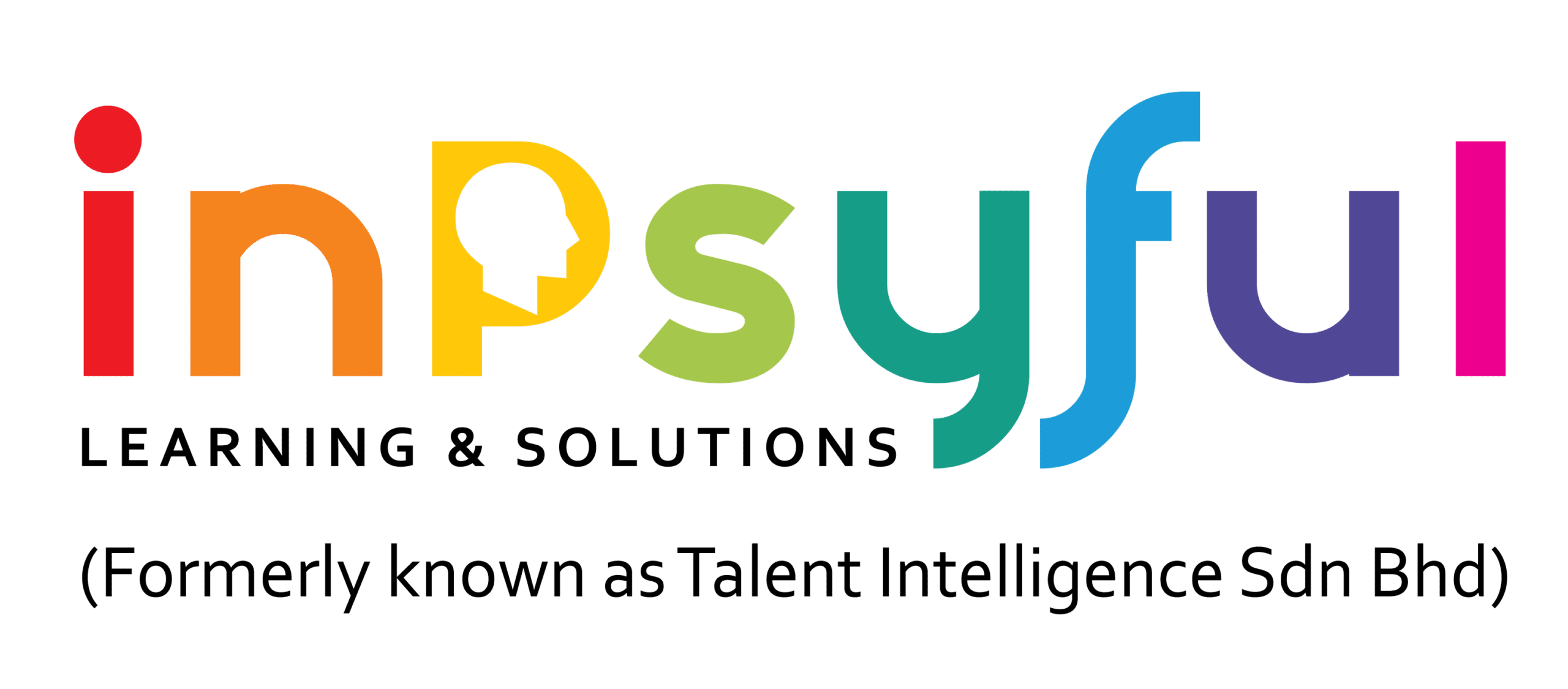MODULE 1: The Law of Connection: It’s About Speaking to their Needs!
▪ All around the world, and especially in Asian culture, we try to get the buy in of others by apologizing unnecessarily – in truth, these unnecessary apologies greatly hurt our chances of building rapport with other people
▪ An introduction to the Law of Connection: that other people doesn’t care about our qualifications, strengths, advantages or merits, they only care if we can speak to their needs
▪ Why audience centric thinking (design thinking) is so impactful and effective
MODULE 2: Fundamentals of Communication with Others
▪ People come in all shapes and sizes, from the agreeable to the outright dominant. A deeper dive on different audience profiles (SCMP, DiSC), and how different people prefer to receive communication differently (including how to persuade, resolve conflict, or to motivate them)
▪ Be persuasive and credible while adjusting our communication styles and format with different types of people
▪ Role-Play exercises: putting participants in realistic training scenarios to master and utilize the techniques learnt, in a step-by-step and systematic approach © 2019 Talent Intelligence. All rights reserved.
MODULE 3: Connecting with Your Audience and Building Rapport Effortlessly
▪ How to put others at ease and to like us instantly, through the power of Positive Reinforcement, sincere and honest appreciation, remembering names and body language
▪ Understand the communication model and what makes communication effective with the correct choice of words
▪ A deeper dive into understanding body language (applicable for both face to face and virtually), and why it is more important to observe and maintain our own ideal body language instead of reading others
▪ How to go into every interaction full of confidence, energy, good will and the enthusiasm to serve
▪ Role-Play exercises: putting participants in realistic training scenarios to master and utilize the techniques learnt, in a step-by-step and systematic approach
MODULE 4: Understanding What Others Need through Active Listening and Empathy
▪ The crucial skill of helping others feel important – why Active Listening is a key component to building trust and respect with anyone
▪ Asking the correct questions – how to seek out, and listen actively to others’ concerns and desires. Participants will be trained to stop projecting their own assumptions onto other people
▪ How to kill our internal dialogue so we are fully immersed when others are speaking
▪ Often, an exploration into the root problem causes is required. Understand the other person’s root concerns through effective, elegant and diplomatic fact-finding
▪ Role-Play exercises: putting participants in realistic training scenarios to master and utilize the techniques learnt, in a step-by-step and systematic approach
MODULE 5: Critical Thinking and Problem Solving in Communication
• The dangers organizations face if its audience lack comprehensive critical thinking and problem-solving skills
• How a great problem-solving process actually looks like, and why most of us are doing it absolutely wrong!
• How to convert complaints into sincere compliments, turning disgruntled people into long happy ones!
• Customised Interactive Activities – Participants will participate in activities to master and utilize the techniques learnt, in a step-by-step and systematic approach © 2019 Talent Intelligence. All rights reserved.
MODULE 6: Changing Others’ Minds and Difficult Feedback / Questions
▪ The best ways to influence, or convince other people, knowing that we make conclusions based on our individual premises (facts, observations, experience, assumptions)
▪ Never tell the other person, “You’re wrong,” as it arouses great opposition and resistance
▪ Get the other person saying “Yes, yes” (agreeing) as soon as possible. Always begin each interaction by emphasizing the things on which you agree, and that you have the same goal. It is extremely challenging to overcome an early “No”
▪ Participants will learn how to answer tough questions in a convincing manner
▪ Maintaining a strong and trusted relationship regardless of the outcome of the discussion
▪ Role-Play exercises: putting participants in realistic training scenarios to master and utilize the techniques learnt, in a step-by-step and systematic approach
MODULE 7: Diffusing Tense Situations
▪ Participants will learn how to convert difficult people and their emotions, listen closely to their concerns or feedback, and how to suggest alternatives



